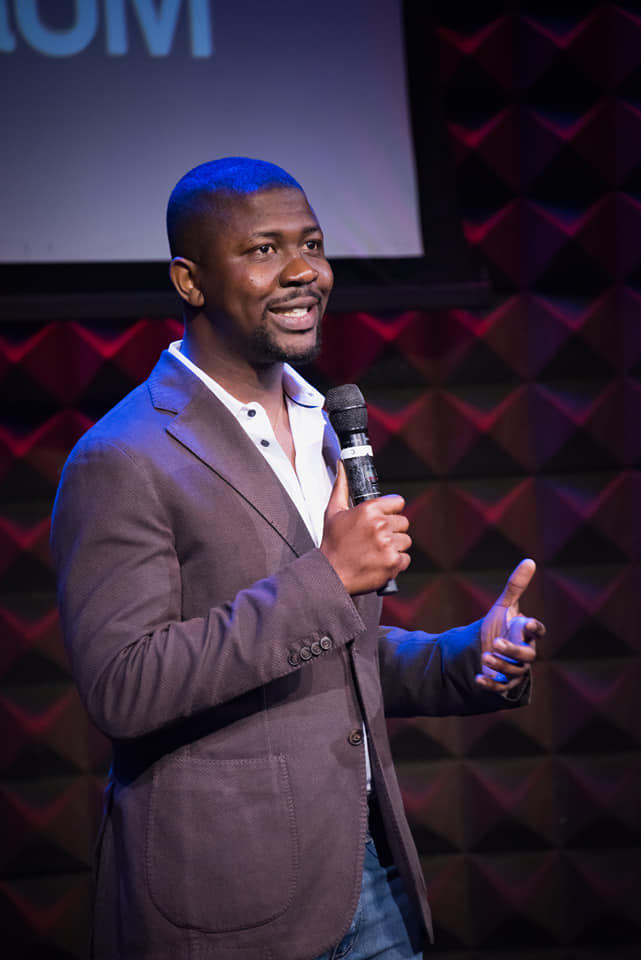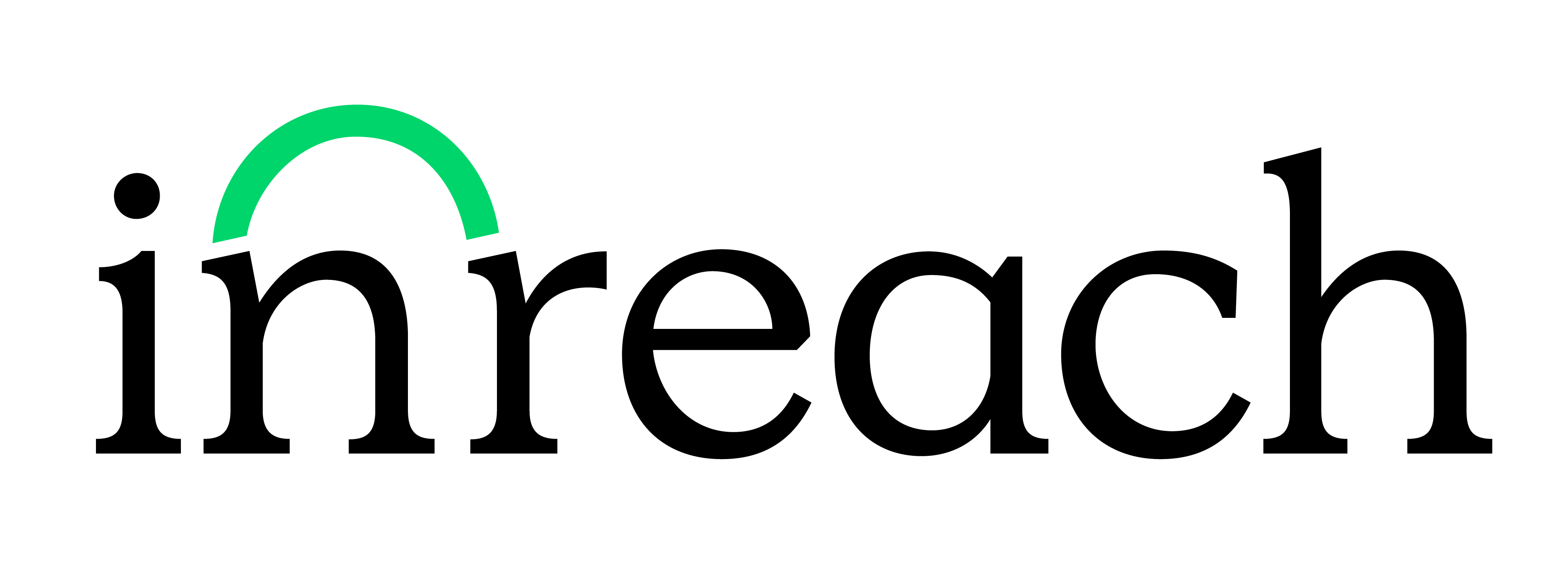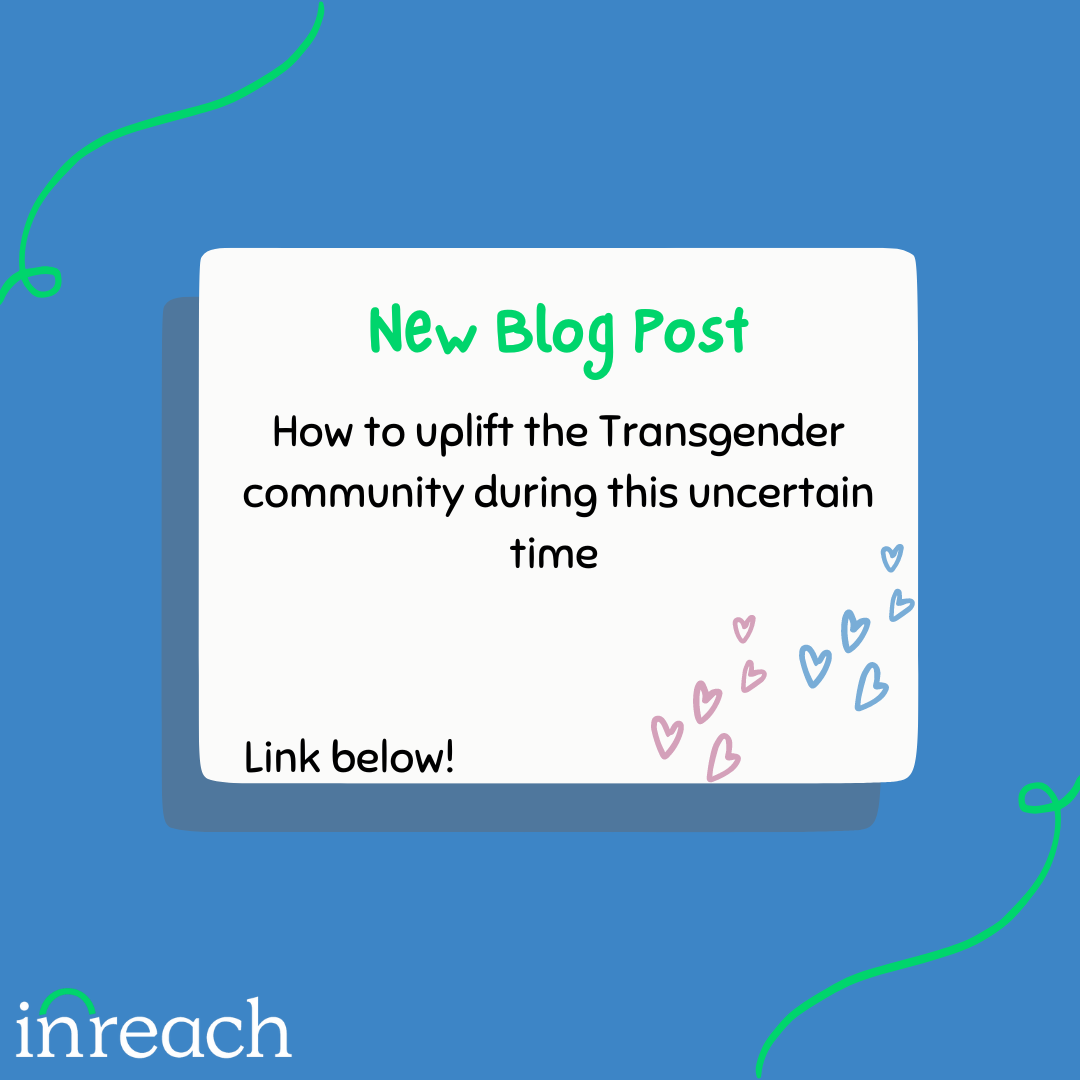No products in the cart.

Edafe Okporo: Three things I wish I knew as an LGBTQ asylum seeker before I arrived in the United States
[vc_row][vc_column][vc_column_text]
When an LGBTQ asylum seeker arrives in the United States, what is next for that person? They either ask for asylum at the border and get detained or join the thousands of people who arrive in big cities like New York, San Francisco and Chicago without family, friends or a place to sleep at night. They are faced with the danger of sleeping in the streets, on trains and are sometimes victims of sexual exploitation. One of the asylum seekers in my shelter once told me, “all my friends told me was to have HIV because there is housing for people living with HIV and AIDS”. I nodded my head in sadness for what many asylum seekers are going through when they arrive in the United States. Here are three things I wish I knew before I arrived in the United States as an asylum seeker:
[/vc_column_text][/vc_column][/vc_row][vc_row][vc_column][vc_column_text]
When an LGBTQ asylum seeker arrives in the United States, what is next for that person? They either ask for asylum at the border and get detained or join the thousands of people who arrive in big cities like New York, San Francisco and Chicago without family, friends or a place to sleep at night. They are faced with the danger of sleeping in the streets, on trains and are sometimes victims of sexual exploitation. One of the asylum seekers in my shelter once told me, “all my friends told me was to have HIV because there is housing for people living with HIV and AIDS”. I nodded my head in sadness for what many asylum seekers are going through when they arrive in the United States. Here are three things I wish I knew before I arrived in the United States as an asylum seeker:
1. Mandatory detention of asylum seekers: The United States enacted a law that detains all asylum seekers who seek asylum at a point of entry. About 50,000 people are detained each day in America. As the largest immigration detention system in the world, these detention centers are run by both state and private corporations. 60% of the beds available are being handled by the private cooperation GEOgroup. Core civic holds the highest amount of detainees. I was detained at Elizabeth Detention Center in Elizabeth, New Jersey. Detention holds about 320 people. LGBTQ asylum seekers are subject to abuse by officers who are not well trained and transgender asylum seekers who are male by birth and now female, are kept with guys in the same room because their passport says male. This is unacceptable when all physical features shows that these people are women.
2. Knowledgeable insight of the part of the country to migrate to: There are some places where laws are not favorable for LGBTQ people such as Alabama, Georgia and some pretty conservative states. It is difficult for you to be granted asylum based on your sexual orientation. LGBTQ asylum seekers are 10 times more likely to be granted asylum in liberal state than conservative states.
3. Backlog in immigration court: There is a mental toll when you come to United States and realize that racism is alive and well. Getting access to resources is as difficult as moving away from your country. Knowing you won’t be able to work until you are granted status or until the 180 EAD clock allows you to apply for work authorization. I have a friend who came to America in March 2016, while I arrived in October 2016. I was granted asylum in April 2017, and he has still not gotten a final court date because the law was changed in February 2018 to “last in, first out.”
[/vc_column_text][/vc_column][/vc_row][vc_row][vc_column][vc_single_image image=”3480″ img_size=”full” add_caption=”yes”][/vc_column][/vc_row][vc_row][vc_column][vc_column_text]
My advice to asylum seekers who are able to use resources like the InReach catalog is to learn more about the resources available. They should gather as much knowledge as possible about the country they are attempting to seek asylum from. They can try to find LGBTQ people online in the country they are requesting asylum in. Ask lots of questions before making the decision. Learn from people who have gone through the journey. Experience is a good teacher but sometimes, or most times, information is power!
If you are in the United States and going through the asylum process, you need to apply a different strategy. You need to move to a city where an LGBTQ community is available and connect with community members in any capacity you can. I was one of those people who said things like, “I don’t want to continue the drama I left in my home country”. Due to internalized phobia, developed by your home country, you stigmatize yourself. You have defected the goal of fleeing from your country to the United States to seek protection. If you are looking for a community member to talk to about your asylum process, I am available to chat with you and see how we can build a stronger community together.
I wish you luck in your process – wherever you are in the asylum journey. If there is anything you wish you knew before arriving and I have not placed on here please add it in the comment section below.
– Edafe Okporo, Director of RDJ Refugee Shelter
[/vc_column_text][/vc_column][/vc_row][vc_row][vc_column][vc_separator][/vc_column][/vc_row][vc_row][vc_column][vc_column_text]
How InReach Can Help:
-
Read our translated legal guides to learn more about the LGBTQ asylum process in the U.S. and Canada
-
Search our resource catalog for verified LGBTQ- and immigrant-friendly services near you
-
Sign-up to join an online community for LGBTQ asylum: https://forms.gle/kn1QncPjSJNNFxMM8
[/vc_column_text][/vc_column][/vc_row]



